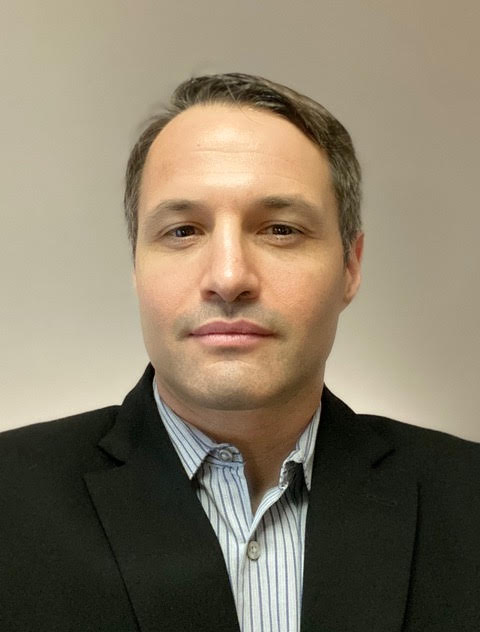
Market Preference for Provenance and Traceability tied to Critical Infrastructure: US-EU initiative
Dr. Jeremy Muldavin [ Cadence Design Systems]
Abstract:
Semiconductors underpin our modern economy and national security, connect people and systems using complex and varied technologies, and are sourced from highly distributed supply chains. The CHIPS act has established supply side incentives and investments into R&D to support domestic semiconductor production. Even with these supply side incentives, the playing field and labor cost structures in the US and Europe are not competitive with Asia and other locals. Demand side incentives are necessary to sustain those investments and assure the supply of semiconductors for critical infrastructure, and guard against supply disruption due to conflict with adversaries and natural disasters. A group of thought leaders is organizing a EU-US initiative to establish traceability and provenance of assured supply as the basis of creating market preference and standards for critical infrastructure and national security applications. Leaders in the EU in government, industry, and the semiconductor research ecosystem are strongly supportive due to concerns about dumping of parts by Asian nations in the state-of-practice and legacy electronics parts categories. US industry leaders are aligning behind this initiative through several organizations and are enrolling support from the USG to host a series of workshops and meetings.
The workshop aims to facilitate collaboration and dialogue between key stakeholders from the U.S. government, the European Union government, and industry representatives on the topic of semiconductor traceability and provenance to establish a market preference for assured supply of semiconductors for critical infrastructure. With the increasing importance of semiconductor supply chain security, this workshop provides a platform to address challenges, share best practices, and explore pilot programs to demonstrate solutions for enhancing traceability and provenance across borders to support market preference for assured microelectronics supply for critical infrastructure and security.
Biography:
 Dr. Muldavin graduated from the University of Michigan in 1995 with a BSE Engineering Physics and in 2000 with a PhD in Electrical Engineering Electromagnetics. He spent 19 years total at MIT Lincoln Laboratory, with 4 years assigned to Office of Secretary of Defense as the director of microelectronics. He spent 4 years at GlobalFoundries as a Distinguished Member of the Technical Staff, and joined Aerocyonics Inc, as a Senior Technical Fellow.Currently working at Cadence Design Systems.
Dr. Muldavin graduated from the University of Michigan in 1995 with a BSE Engineering Physics and in 2000 with a PhD in Electrical Engineering Electromagnetics. He spent 19 years total at MIT Lincoln Laboratory, with 4 years assigned to Office of Secretary of Defense as the director of microelectronics. He spent 4 years at GlobalFoundries as a Distinguished Member of the Technical Staff, and joined Aerocyonics Inc, as a Senior Technical Fellow.Currently working at Cadence Design Systems.

Dr. Diganta Das
For more information or questions regarding the technical program (including Professional Development Courses), contact the Conference Chair, Dr. Diganta Das

Kristin Nafstad
For more information or questions regarding event logistics, exhibitions, and sponsorship, contact Kristin Nafstad.
Top